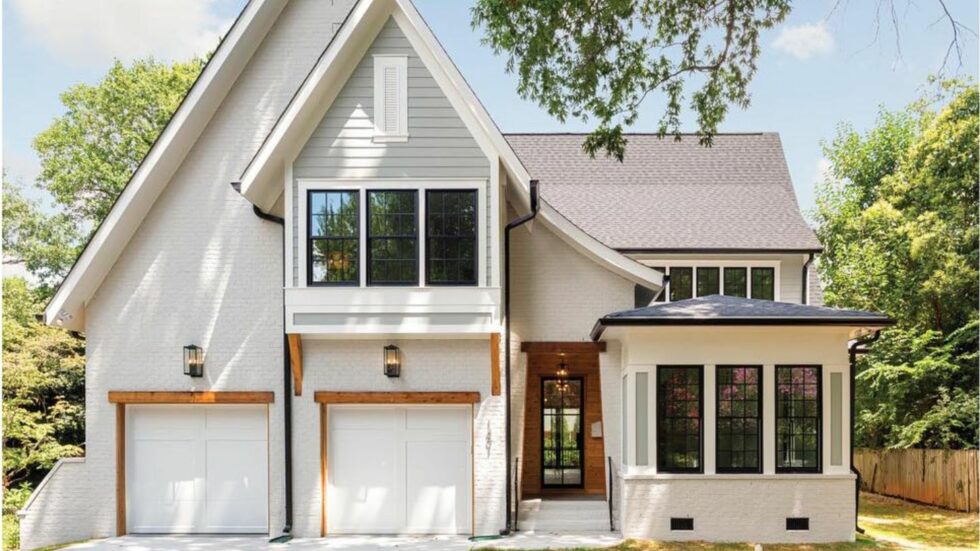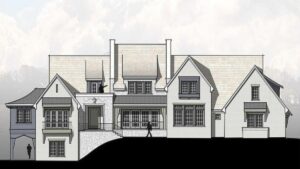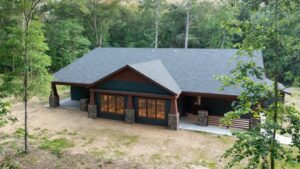In recent years, there’s been a notable shift toward concrete houses, which are often chosen for their unique design appeal and sustainability. Yet, an underlying question remains: Are concrete homes safe? The answer is rooted in understanding the inherent qualities of concrete as a building material, particularly in the face of various hazards.
Concrete Houses in the Face of Natural Disasters
When considering the benefits of a concrete house, its resilience against natural disasters is paramount. A concrete house, when properly designed and built, stands as a fortress against environmental adversities. Its inherent strength and durability make it a formidable contender, significantly outshining traditional construction materials used in single-family homes. In areas prone to extreme weather, the sturdiness of a concrete house is a crucial factor in ensuring safety.
Fire Resistance and Longevity
Comparing different materials, one can’t help but ask, is a concrete house secure when it comes to fire hazards? The answer lies in its non-combustible nature. Concrete homes offer superior fire resistance compared to wood-framed structures.
For instance, a six-inch thick concrete wall can boast a fire rating of 3 hours—well beyond the standard requirements. This non-combustibility also means that concrete doesn’t add fuel to a fire, unlike wood, making it a safer choice in fire-prone areas.
Not only do concrete homes resist fire, but they also show remarkable resilience against deterioration over time, proving to be a sound long-term investment.
Health and Living Conditions
Living in a concrete house also brings health benefits. These structures are less prone to issues like mold and termites, which are common in wood-framed houses. Furthermore, concrete’s low VOC (Volatile Organic Compounds) emission is a significant plus for indoor air quality.
Adaptability in Extreme Weather
The adaptability of a concrete home is particularly evident in harsh winter conditions. Thanks to its high thermal mass, concrete maintains a stable temperature inside the house, ensuring warmth during cold days and coolness during hot days. This thermal efficiency is a key benefit, especially in regions with significant temperature fluctuations.
When considering remodeling vs building a new home, the advantages of opting for concrete should be weighed carefully. While remodeling an existing structure has its perks, constructing a new concrete home offers unparalleled safety, durability, and energy efficiency.
Build Your Dream Concrete Home
If you’re considering the durability and safety of a concrete home, connect with us at Vinyet Architecture. As your trusted residential architect in Charlotte, NC, we are dedicated to turning your vision into reality with expertise and creativity. Contact us today to start your journey toward a secure and stylish concrete home.






